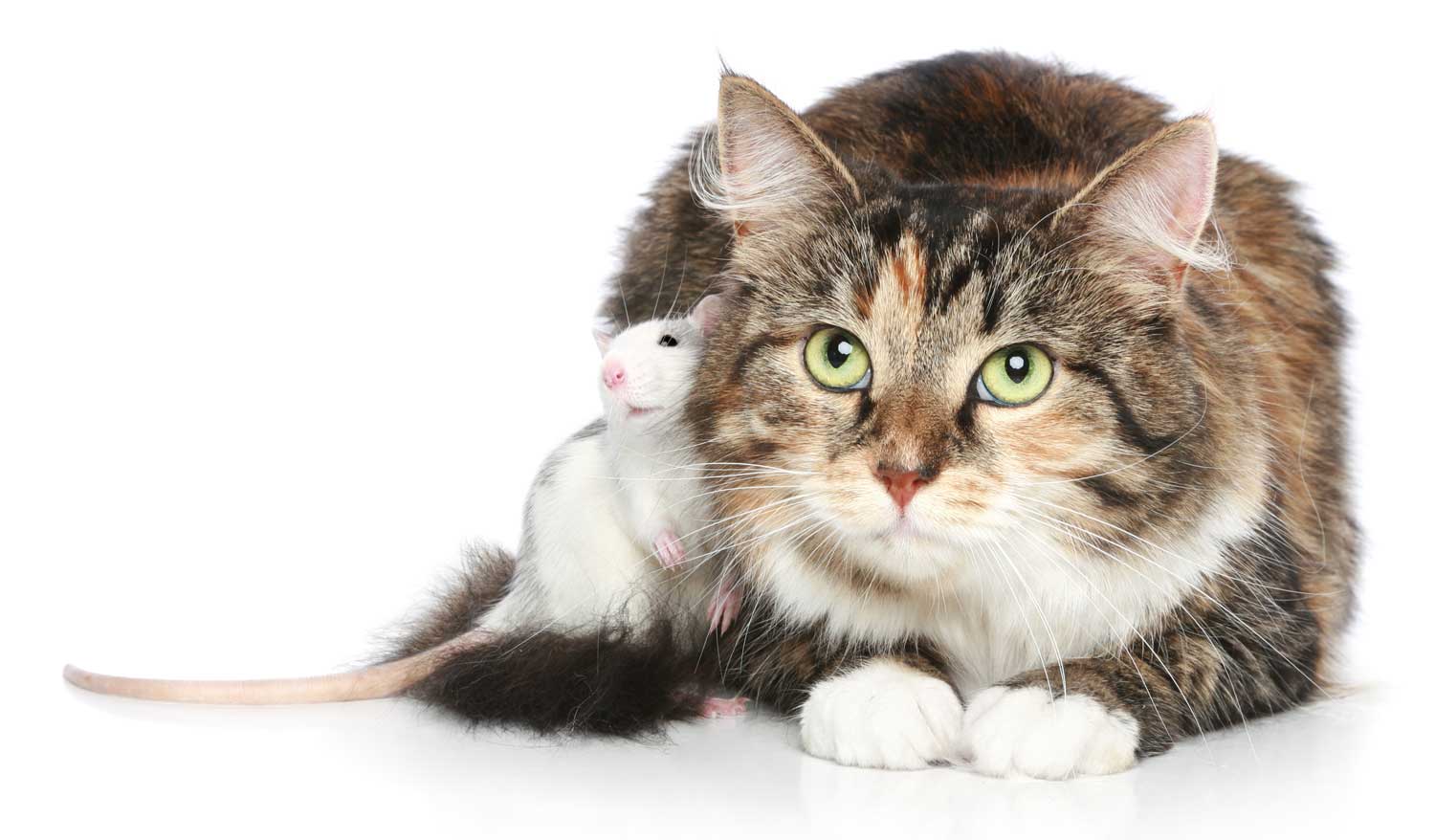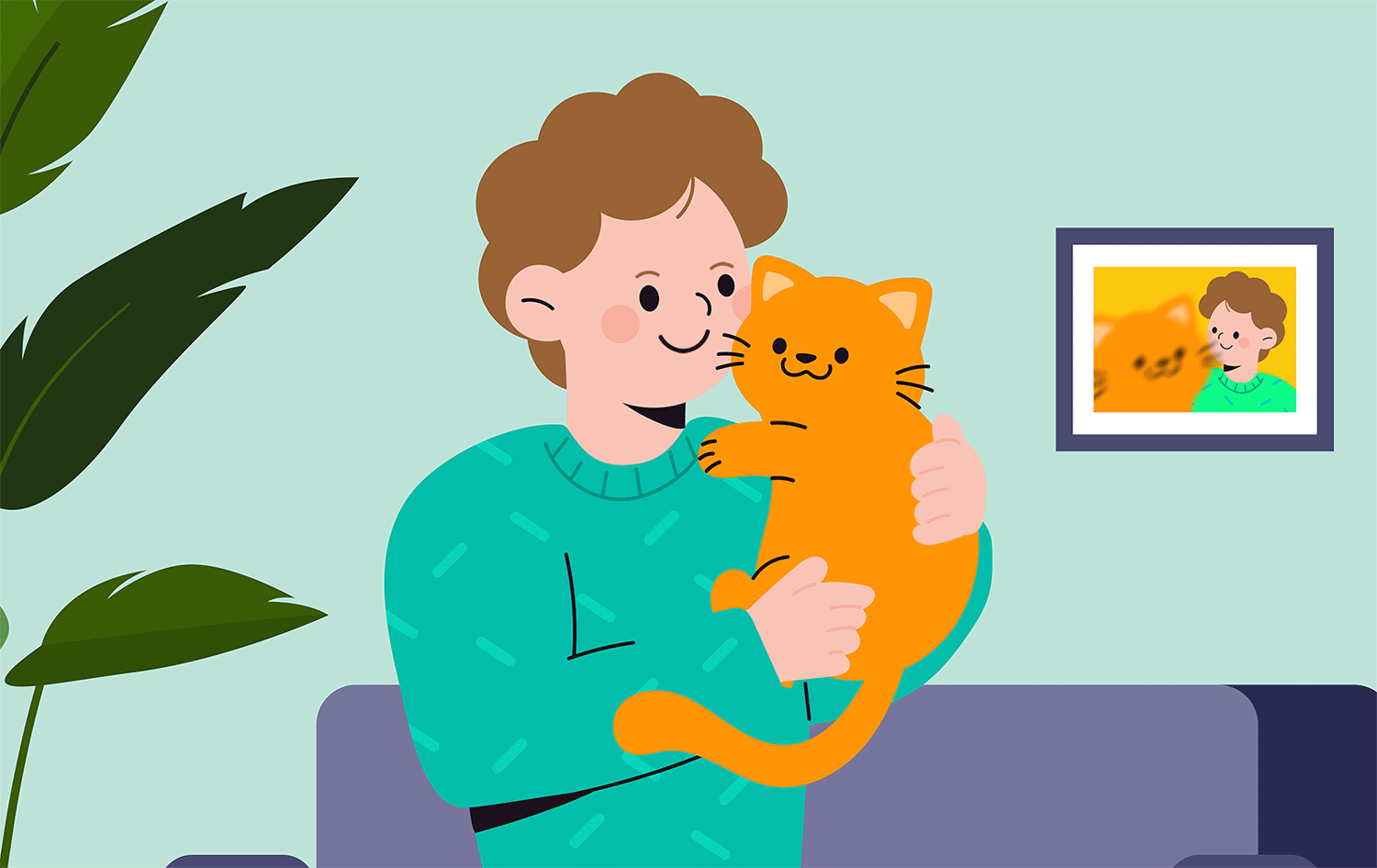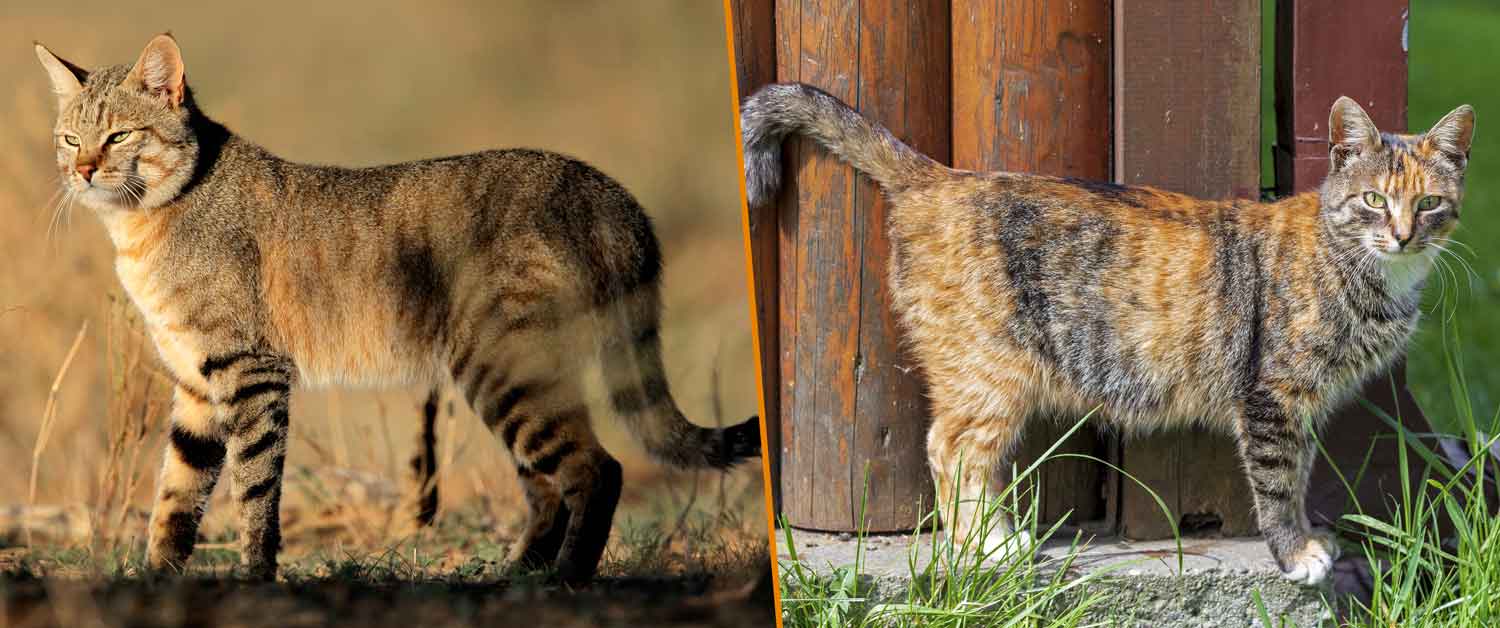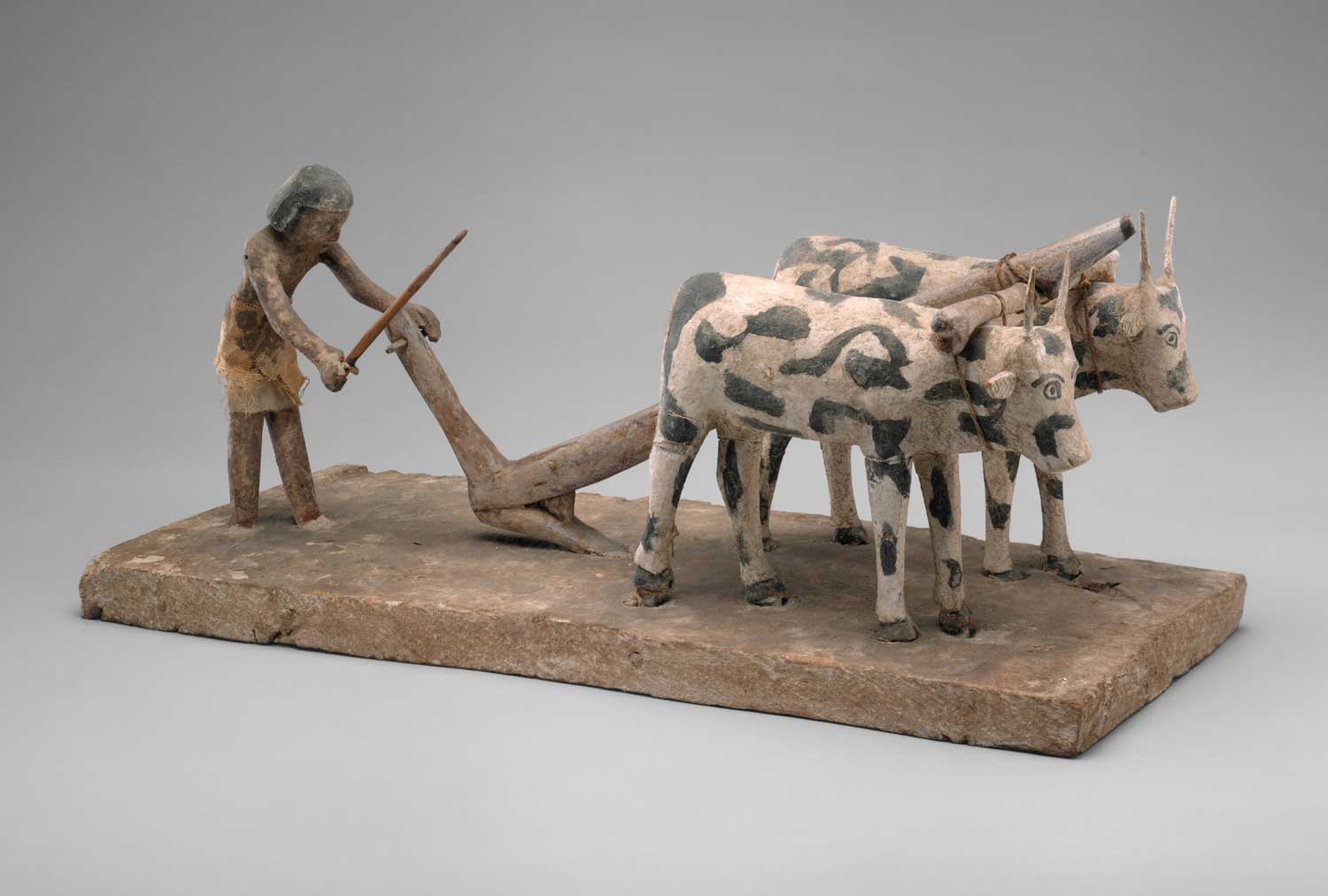Why Some Cats Don’t Hunt
A new study shows why some cats try to catch their dinner and others don’t.

© Jagodka/Dreamstime.com
Cats are natural-born hunters, but not all cats actually hunt. A new study shows that whether a cat hunts or not depends partly on its personality.
The ability to hunt is part of a cat’s instinct, meaning cats are born knowing how to hunt. Many cats will hunt even if they’re well fed by humans—so hunger isn’t always related to why a cat goes looking for prey. This made a team of scientists wonder why some cats don’t hunt.
In the study, which took place in France, scientists surveyed 2,508 people whose cats spend at least part of the time outside. The scientists found that only some of these cats brought prey home regularly. The difference between the cats that hunted and the cats that didn’t hunt had nothing to do with age or gender. Instead, it was related to the cats’ personalities. Cats that were more curious, adventurous, or dominant (bold and aggressive) were more likely to be hunters. Cats that were friendlier or shyer were less likely to be hunters.
The scientists also found that cats that spent more time outdoors were more likely to hunt. Also, cats living in rural or suburban areas were more likely to hunt than cats living in cities.
Cat owners know that different cats have different personalities. But scientists only recently considered the idea that a cat’s personality might be related to whether it hunted or not.
“[This study] is super interesting because we’re in an age where we’re spending a lot more time studying cats and cat personalities, and kind of finding all the nuances to the behavior,” cat behaviorist Wailani Sung told USA Today. Sung helped make the 2022 Netflix documentary Inside the Mind of a Cat.



